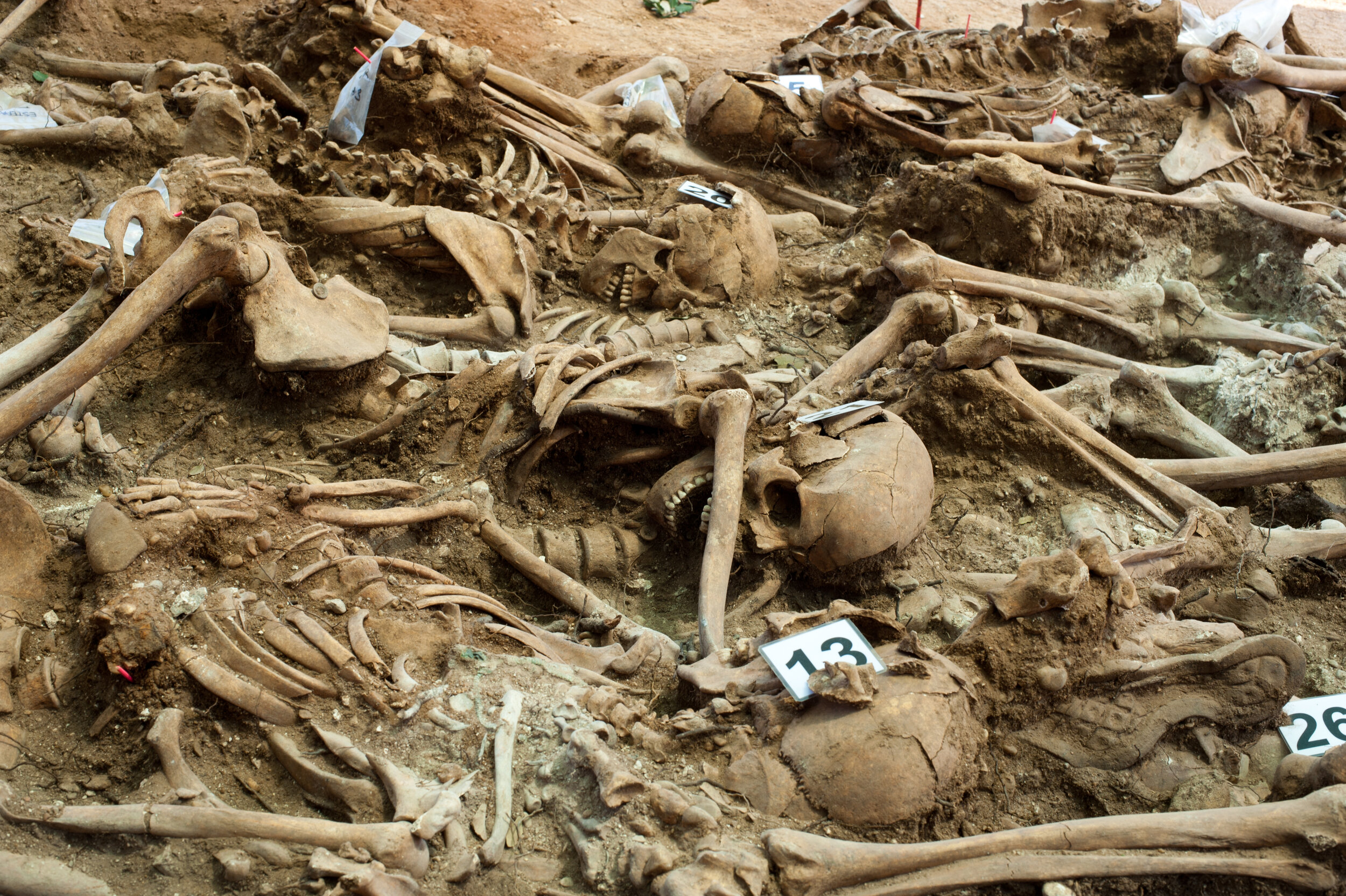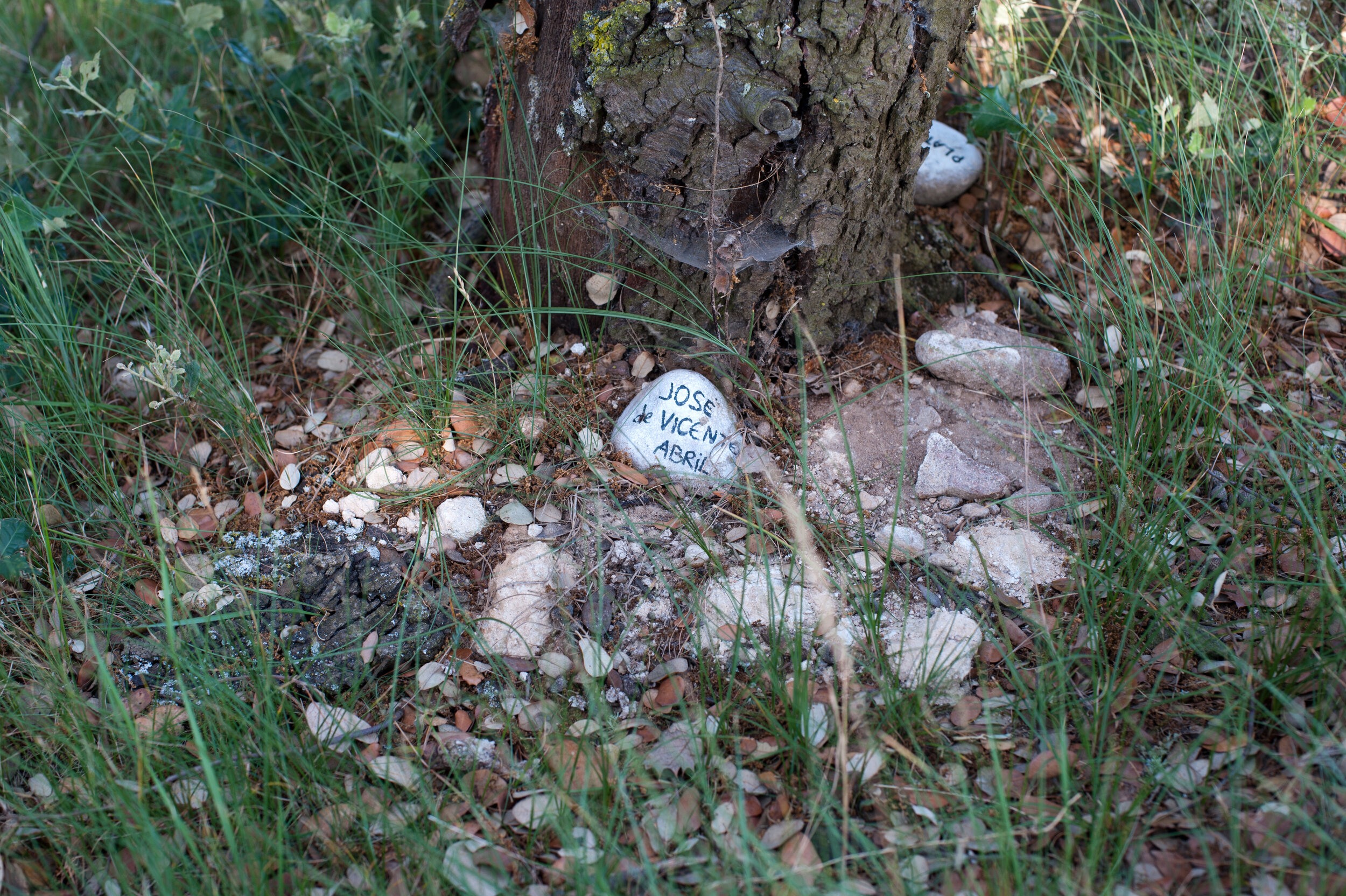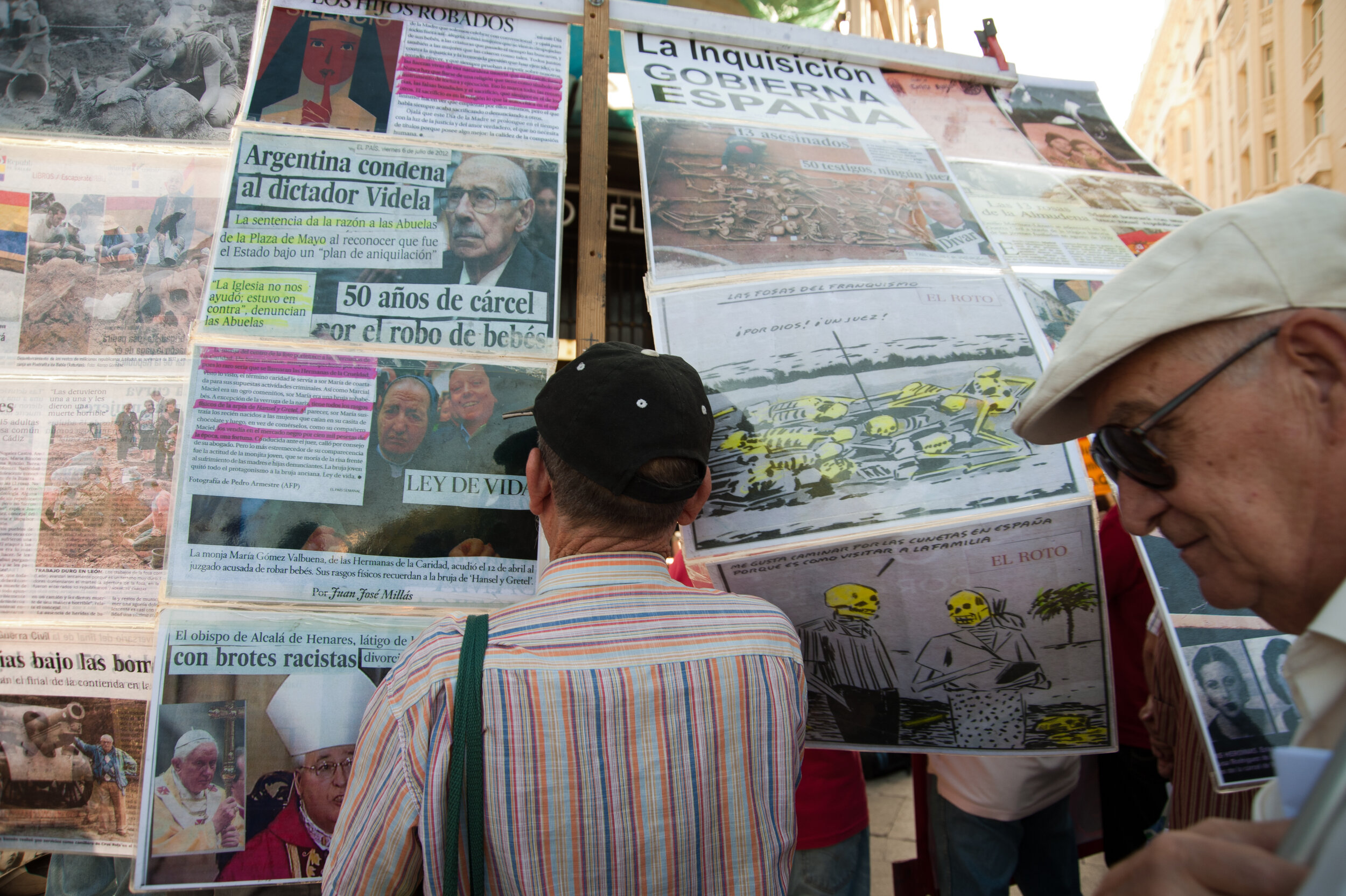Undoing Absence.
In a context marked by cultural forgetting, legal amnesty, and economic austerity, forensic science plays a central role in unearthing Spain’s forgotten past. How do contemporary Spaniards mobilize photographs, documents, and human remains to produce new forms of historical knowledge?
*** Trigger Warning: This project description includes images of human remains.***







Spanish Documentary Practice & Forensic Science in Times of Crisis.
My current book manuscript entitled Undoing Absence: Spanish Documentary Practice and Forensic Science in Times of Crisis, analyzes the intersection of forensic science, modes of documentation, and image-making practices during the excavation of mass graves in Post-Franco Spain.
Drawing on two years of ethnographic fieldwork, I track the historical, visual, and techno-scientific labor exerted to produce knowledge in a context marked by absence and disinformation. In doing so, I describe how Spaniards reimagine their relationship to the past by turning to forensic science and visual imaging technologies as tools for deciphering and making public the mechanics of dictatorial violence.
I argue that in the context of legal amnesty, cultural amnesia, and economic austerity unique to contemporary Spain, memory activists and forensic experts engage in what I call “subjunctive science.” In the absence of courts equipped to manage the evidence exhumed and produced in these endeavors, forensic photographs and other evidentiary forms are made to be seen. In this process, collectivities validate alternative historical narratives and imagine new political futures through their engagements with visual evidence that circulates across multiple contexts of display.
